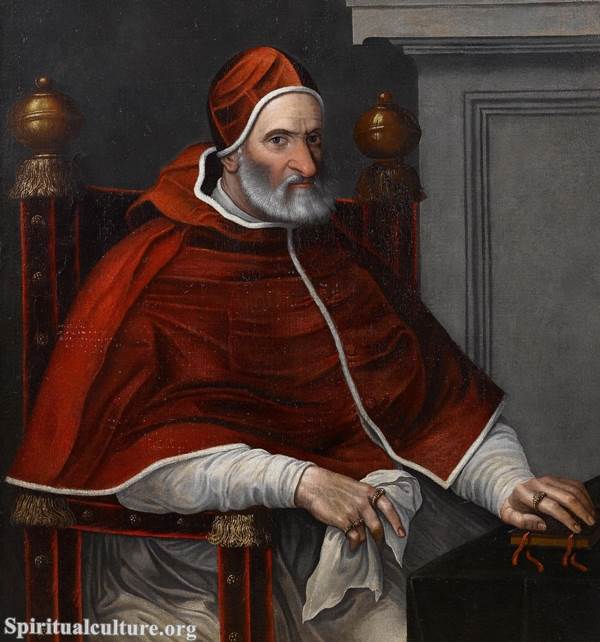Pope Leo XIII, born Vincenzo Gioacchino Raffaele Luigi Pecci, was a prominent figure of the Catholic Church who served as the Pope from 1878 until his death in 1903. He was the first Pope to be born in the 19th century and the last to die in it. His pontificate of 25 years remains one of the longest in the history of the Catholic Church. Pope Leo XIII was a transformative figure in Catholicism, leaving an indelible impression on the Catholic Church’s social teachings and diplomatic relations.
Catholicism and Pope Leo XIII
Pope Leo XIII’s contributions to Catholicism are profound and enduring. He is remembered for his intellectualism and his commitment to the development of a theology that was in line with modern thought, without compromising the fundamental tenets of Catholicism.
One of Pope Leo XIII’s most significant contributions to Catholicism was his encyclical, “Rerum Novarum”. This document, issued in 1891, was revolutionary in its time and continues to be relevant today. It addressed the condition of the working classes, a topic that was often overlooked in the 19th century. It called for the protection of the weak and the poor, the respect of human dignity, and the pursuit of justice, values that are fundamental to Catholicism.
Pope Leo XIII also initiated the modernization of the study of theology and scripture within Catholicism. He promoted the study of Thomas Aquinas and incorporated scientific findings into Catholic thought. He was also the first Pope to promote the use of the historical-critical method in biblical studies, a move that greatly influenced the development of biblical studies within Catholicism.
Catholic Church and Pope Leo XIII
As the head of the Catholic Church, Pope Leo XIII was a figure of unifying force. He was a strong advocate for the reconciliation between the Church and the modern world. He believed that faith and reason could coexist, a belief that was reflected in his encyclical “Aeterni Patris”, which promoted the study of philosophy and the reconciliation of faith and reason.
Pope Leo XIII also played a significant role in the global expansion of the Catholic Church. His pontificate saw an increase in the establishment of dioceses and the appointment of bishops in the Americas, Asia, and Africa, thus strengthening the presence of the Catholic Church globally. He also established the Catholic University of America, highlighting his commitment to education and intellectual development within the Church.
In terms of diplomatic relations, Pope Leo XIII worked tirelessly to improve the Catholic Church’s relations with other nations. He was the first Pope to fully embrace the concept of the Church as a sovereign entity, and he used this status to negotiate with other countries and protect the Church’s interests.
In conclusion, Pope Leo XIII was a transformative figure in the history of Catholicism and the Catholic Church. His pontificate was marked by intellectual vigor, social concern, and diplomatic finesse. His legacy continues to influence the Church’s social teachings and its approach to theology, scripture, and diplomacy. Pope Leo XIII was a true embodiment of the principles and values of Catholicism, and his life and work continue to inspire Catholics around the world.


